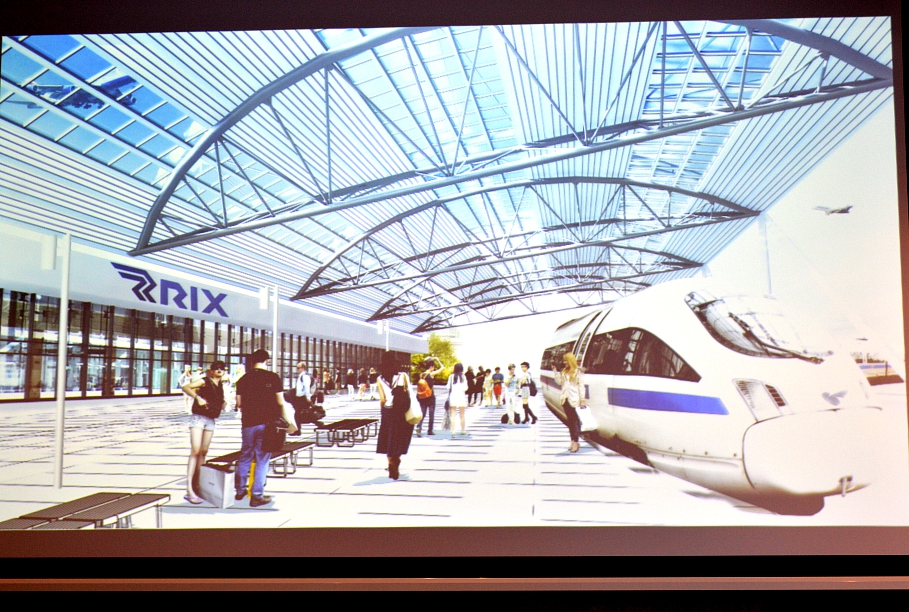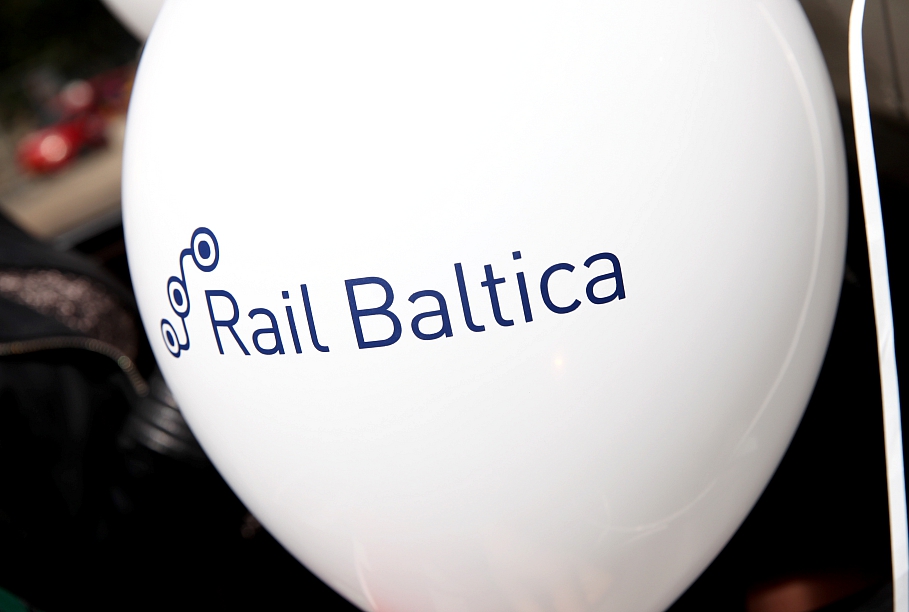Transport Minister Uldis Augulis told Latvian Radio earlier that the disconnect concerns an agreement over the Baltics striking up joint contracts.
A decision over the tenders is to be adopted at a meeting between the three countries on Wednesday. Currently Lithuania is the only country that has voiced objections against the agreement.
Kučinskis said that Lithuania's position is not entirely understandable and that Vilnius took a break as the countries were discussing the agreement.
However he said that there's reason to think that Wednesday's meeting will produce an agreement over the future of Rail Baltica.
In 2014 Estonia, Latvia and Lithuanaia formed a joint-venture company, RB Rail (slogan: 'Road of the future'), to take overall responsibility for the high-speed train track design, construction and marketing.
Now it seems that each country might take charge of things like station and terminal designs and construction separately in a bid to give local contracts to local companies - but which will probably also ensure cost-saving via joint contracts is not a possibility.
With the project falling behind schedule and many major decisions about contracts still to be made, the whole project could collapse if a frustrated EU withdraws funding, Latvian Television's De Facto reported Sunday.
Rail Baltica is a key EU infrastructure project to link Finland, Estonia, Latvia, Lithuania and Poland with a new European gauge fast conventional railway.
Rail Baltica is one of the priority projects of the European Union: Trans-European Transport Networks (TEN-T). It envisages a continuous rail link from Tallinn (Estonia) to Warsaw (Poland), going via Riga (Latvia) and Kaunas (Lithuania). The Baltic route should be completed by 2025; the link to Warsaw-2030.
According to the European Commission, the total cost is €5bn, with 85% of that cost coming from the EU and 15% from the member states involved.





























